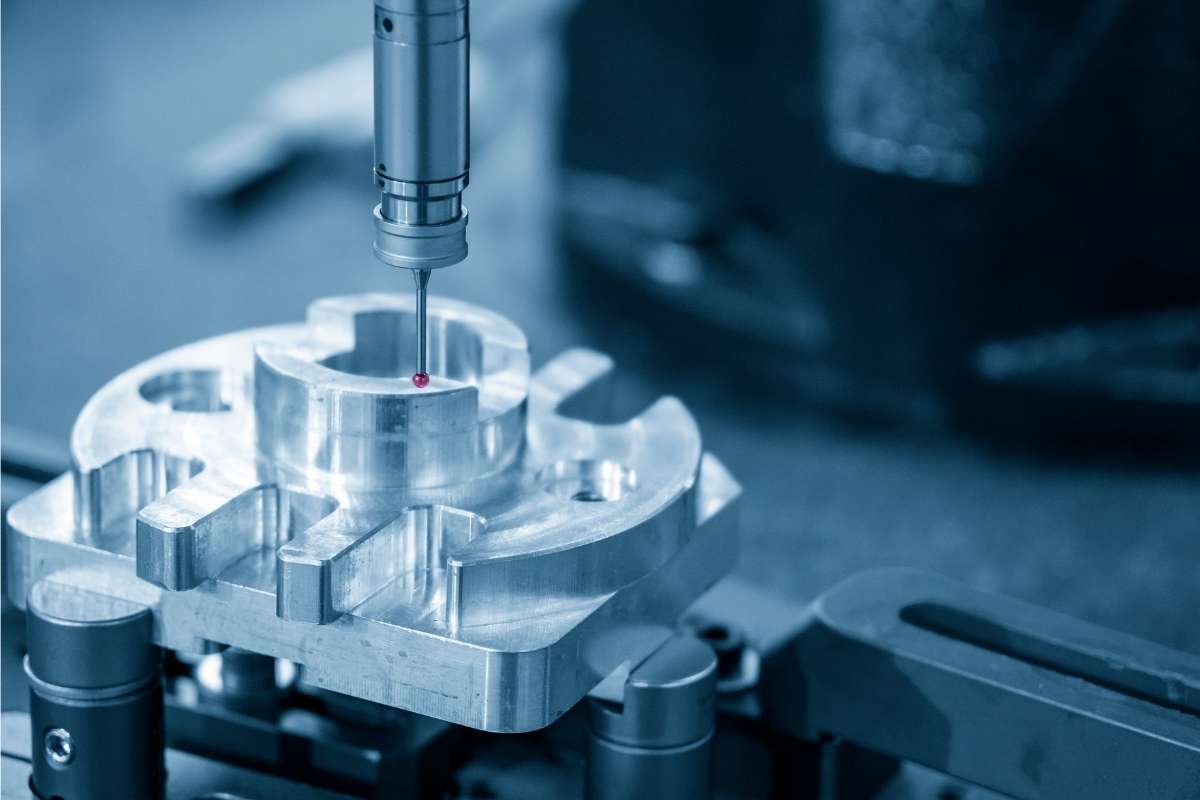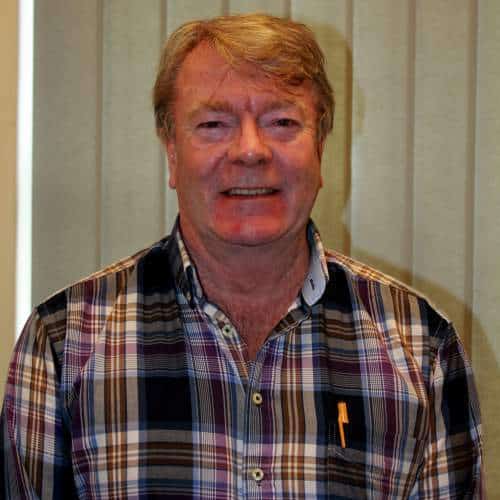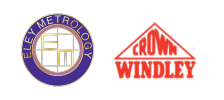To maintain their high standards, workshops and factories must maintain their machines. The most useful machines get used the most, and over time they wear down. Regular maintenance and calibration solves this issue, keeping standards high, machines accurate, and employees safe. But what exactly is calibration?

What is Machine Calibration?
Machine calibration catches any errors in measurement equipment to prevent faulty production and curb inefficiency. The process involves taking a workpiece of standardised dimensions and measuring it with the machine. If the machine deviates from the standard measurement on any of its axis, the calibrators discover the errors, diagnose their causes, and fix them to improve the machine and the business.
Maintenance workers conduct calibration as part of their routine maintenance. This proves particularly vital for sensitive equipment, such as Coordinate Measurement Machines (CMMs). CMM calibration, or calibration for any fine-tuned measurement equipment, is a vital part of sustainable and successful workflows. No matter how long it takes or how many resources it requires, regular maintenance pays off dividends in the long term as an investment in quality.
Why Do Machines Need Calibration?
Wear and tear naturally decreases accuracy over time, lowering product quality. Moreover, a variety of environmental and physical issues also speed up the process, threatening faults and breakdowns without regular machine calibration.
Issues that affect accuracy and exacerbate wear and tear include:
Temperature changes, which causes expansion and contraction of sensitive measuring instruments, leading to stresses and inaccuracy
Vibrations, caused by other machines and manufacturing processes in the workspace, which cause parts to jump and impact one another.
Contamination or particles in the air from other manufacturing processes, such as sawdust, scraps of metal, or a build-up of microplastics that clogs components or interferes with a machine’s movements.
Spills, such as grease, oil, cooling fluid, plumbing, or drinks, which causes rust or swelling in measurement equipment.
Power cuts, shocks, or surges that short or burnout electronics, or reset software.
Uneven usage, such as measuring plates being used more on one side than another, causing grooves or chips that throw off readings.
The list goes on and on, and even as operators and business leaders strive for scientific accuracy, random factors like accidents or emergencies intervene. The best way to stop combat these issues, and even pre-empt future problems, is regular calibration and maintenance, which brings a range of benefits.
The Benefits of Regular Machine Calibration
Excellence
Excellence and high-quality is the main benefit of regular calibration. When firms invest in themselves, they improve their products and their workflow in competitive and high-stakes manufacturing markets. They also uphold their quality assurances, a powerful selling point for winning over customers, employees, and investors alike.
Safety
No matter how careful and well-trained workers aim to be, accidents happen, and sometimes they seem beyond control. Sometimes accidents involve simple slips or damaged machinery, but occasionally, they’re far worse. The best way to ensure safety is through regularity and rigour. The machines, and their operators, should be well-drilled and fine-tuned. With regular calibration, workers gain full trust in their machines, and know exactly what they’re doing and when.
Compliance
Many important warrantees, quality assurances, insurances, and accreditations rely on regular maintenance. Businesses do right by their customers, their employees, and themselves by ensuring their equipment remains in tip-top condition.
Errors and faulty measurements may also lead to costly recalls, brand-damaging discounts, or even costly legal action. Creating a strong relationship with expert maintenance and calibration professionals protects a company and its products.
Efficiency
Error-prone equipment leads to uncertainty, mistakes, and wasted resources. Simply put, maintaining accuracy ensures that you’re doing the correct manufacturing processes to the correct amount of materials: fewer offcuts, fewer rejects, greater efficiency.
Morale
Alongside protecting employee safety, regular maintenance shows an internal trust, belief, and investment in the workforce. This effort shows employees that their work’s worth honing to high standards for high stakes.
When Do Companies Need Machine Calibration and Maintenance
Companies must strike a balance between the cost of maintenance and the potential cost of inefficiency, breakdown, and recall. While regular machine calibration is the answer, regular can mean anything from bi-weekly to bi-annually. The best calibration and maintenance firms work custom deals out with their clients to suit their machinery’s requirements and find the perfect solution for them.
How to Choose a Machine Calibration Solution
Besides flexibility, professionalism and experience prove the most important factors for a great maintenance and calibration expert. Choosing a partner with decades of experience in the field, and the right industry accreditations from the International Standards Authority is a great place to start when you find a firm to build a productive relationship with.
Conclusions: Why Regular Machine Calibration is Essential
Machine calibration is essential for calibrating a business to optimum efficiency. By protecting leaders, workers, and stakeholders, calibration combats faults and maintains excellence, forming an essential part of competitive and forward-thinking firms.

Jeff Eley is the founder and managing director of Eley Metrology, a leading company in the precision measurement industry. With decades of experience in metrology, Jeff has established himself as a respected figure in the field. Under his leadership, Eley Metrology has become renowned for its expertise in coordinate measuring machines (CMMs), digital height gauges, and granite metrology products. Jeff’s vision has driven the company to develop innovative solutions, including custom-designed CMMs and the flagship long-bore measurement machine (LBM). His commitment to excellence and customer-centric approach has positioned Eley Metrology as a trusted provider of high-precision measurement tools and services for industries such as aerospace, automotive, and manufacturing.

